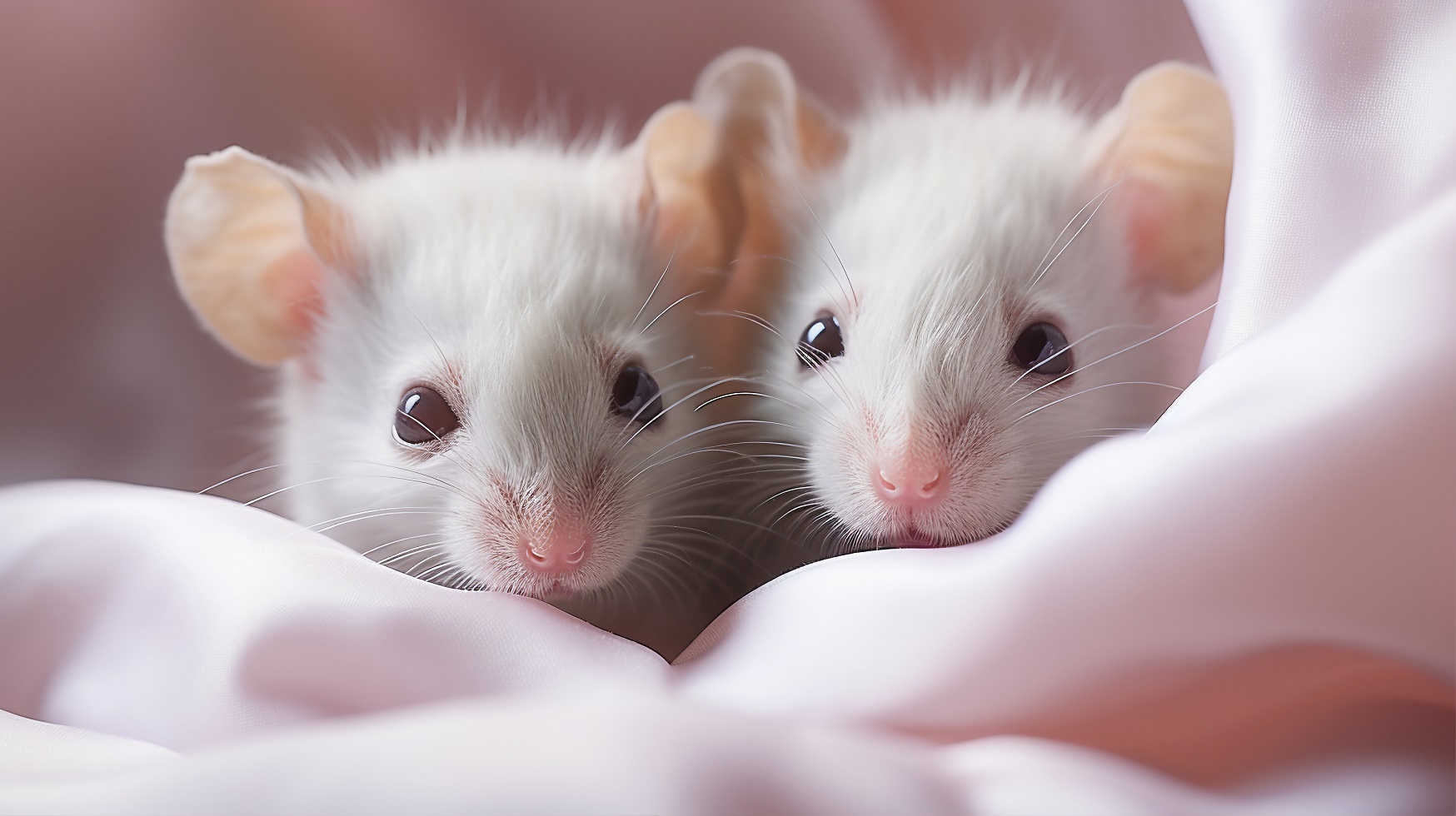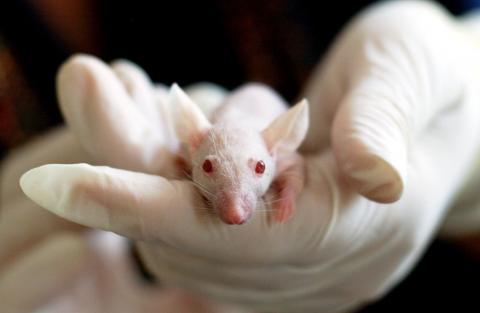Reactions: traumatic experiences can be passed on to offspring and reversed with drug in mice
Early-life adversity, such as separation from the mother, can alter the neurological functioning of mice, causing some to experience panic and anxiety later in life. A study shows that these changes can be passed on for at least two generations and that inhalation of a drug, the diuretic amiloride, can reverse them. According to the authors, this treatment could be used in the future to alleviate panic disorders and related conditions in humans. The results are published in the journal Science Advances.

Raül Andero - trauma ratones EN
Raül Andero Galí
Psychologist and ICREA Research Professor at Autonomous University of Barcelona
It is an interesting study, where the drug amiloride appears to have beneficial effects in treating and preventing the effects of traumatic stressful experiences in mice and their offspring.
The highlight of the study is that the beneficial effects of the drug amiloride appear to persist for three generations in mice. However, the authors do not yet know exactly how this intergenerational transmission of the drug effect may be happening, which detracts from my enthusiasm for the study.
These are very novel results, but they are also preliminary and need to be confirmed and extended by other laboratories to include experiments in humans.
Ángel Barco - trauma ratones EN
Ángel Barco
Director of the Institute of Neurosciences, a joint centre of the Miguel Hernández University of Elche (UMH) and the CSIC
The study makes the interesting observation that some behaviours associated with a maternal separation paradigm (a form of early-life stress), such as hyperventilation in response to hypercapnia (high blood CO2 levels) and increased sensitivity to pain, are observed in the "offspring" and "grandchildren" of animals that suffered maternal separation. Unfortunately, the authors do not provide any evidence or explanation of the mechanism that may underlie this transgenerational transmission, so the study raises more questions than it provides answers.
In the discussion they raise the existence of possible epigenetic mechanisms, but these are not investigated at all, nor do they represent the only possible explanation for the observed phenomenon.
Battaglia et al.
- Research article
- Peer reviewed
- Observational study
- Animals



